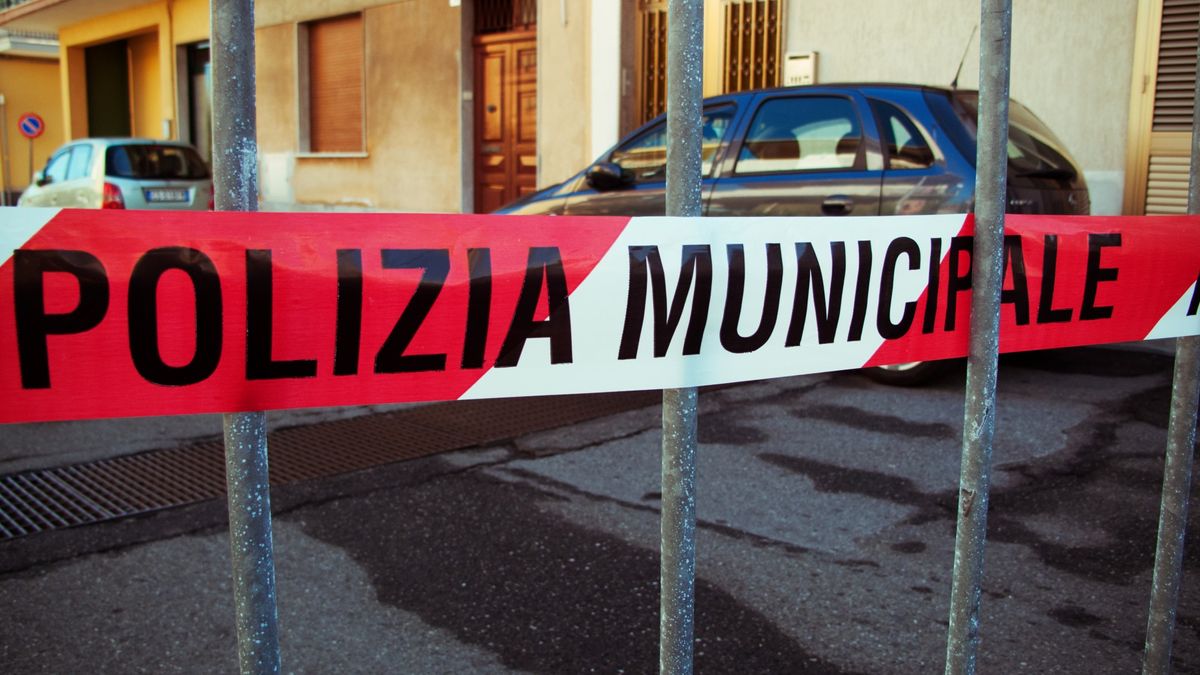The Italian mafia has long been synonymous with extortion and mob hits, but it appears its taste for murder and racketeering could soon be a thing of the past.
According to the latest official data, 17 people were killed by the mob in Italy in 2022, compared to more than 700 in 1991.
Instead, “mobsters have moved aggressively into the low-risk, low-key world of white-collar crime”, said Reuters. They are shifting towards tax evasion and financial fraud, “fuelled by billions of euros sloshing around Italy in post-Covid recovery funds that were designed to boost the economy but are proving a boon for fraudsters”.
Sign up for The Week’s Free Newsletters
From our morning news briefing to a weekly Good News Newsletter, get the best of The Week delivered directly to your inbox.
From our morning news briefing to a weekly Good News Newsletter, get the best of The Week delivered directly to your inbox.
The likes of La Cosa Nostra from Sicily, Naples’s Camorra and the Calabrian ‘Ndrangheta – Italy’s biggest organised crime group – made their names ruthlessly targeting rival gangs, the police, politicians and magistrates. But since a state-wide crackdown in the early 1990s they have “grown more sophisticated, following the money into drugs, prostitution and people trafficking rather than open confrontation with the authorities”, said Bloomberg.
But post-pandemic “there’s a new trend developing that’s a warning for all of Europe”, said the financial news site. “While mobsters continue to follow the money in big cities, they are also feeding on increasing inequality and polarization to undermine the declining and indebted Italian state.”
Cocaine still makes up a sizeable percentage of their income, but tax evasion and money laundering offers a huge return with much less risk. Carrying as little as 50 grams of cocaine can land you up to 20 years in prison, said Reuters, while sending out false invoices to gain €500 million in fraudulent tax credits carries a maximum term of six years. These complex cases can also often take years, moving them past the low statutes of limitations for white collar crimes.
False-invoicing services in particular have become a major money-maker for organised crime in recent years, said Michele Ricciardi, deputy director at Transcrime, a Milan research institute. Milan magistrate Pasquale Addesso said this has seen the mafia effectively metamorphose from extortion rackets to “insolvencies and bankruptcies”. They have “entered the world of sub-contracting, responding to a demand for tax evasion from entrepreneurs”.
The reason for this is “simple”, said Reuters. The government offers “handsome tax breaks to newly formed companies”, meaning “a company that has no intention of growing can use this help to offer highly competitive prices and then, by fraudulently declaring bankruptcy, can walk away from its debts and social welfare obligations”.
In all, around a third of active cases in 2023 under investigation by the European Public Prosecutor’s Office (EPPO) – which looks into crimes against the financial interests of the European Union – were centred on Italy. Earlier this year the Italian government revealed it had uncovered €16 billion of fraud tied to home improvement schemes, while prosecutors are looking into a massive abuse of an EU stimulus package worth €200 billion.
What next?
While some would claim these are victimless crimes, undermining tax collection fuels a “vicious circle”, said Bloomberg. “Less is available to be invested in already depressed communities, putting them further and further outside the lure to foreign investors and well-heeled tourists, and tying them more closely to the black economy”.
Estimates of Italy’s black economy vary, ranging from 10% to a third of gross domestic product.
Despite their best efforts, state authorities are overwhelmed with the task of cracking down and recouping money related to the huge surge in false invoicing, tax evasion and insolvencies. In Naples, a special team has been set up to detect large-scale money laundering but the problem is that much of the investment has been in “small businesses – bars, restaurants and apartments suitable for short-term tourist letting – that offer risk diversification”, said The Economist.
“If you buy a hotel and it’s seized, you lose everything,” a businessman with family ties to the Camorra told the publication. “If you buy ten bars and two are seized, you still have eight.”
“That also helps explain the remarkable changes in central Naples,” said The Economist: “street crime is bad for business, and business is increasingly where Camorristi are to be found”.
In this sense, organised crime “has not diminished,” Rosa Volpe, Naples’ anti-mafia prosecutor, said. “It has evolved.”
“More subtle, less violent, and more economically stable,” said Bloomberg. Mafia infiltration has become “a three-legged stool”, made up of the mob and its accomplices in politics and business, said Maurizio de Lucia, Sicily’s chief prosecutor who led the investigations that brought about the arrest of La Cosa Nostra boss Matteo Messina Denaro last year after his 30 years on the run.
That is why tax avoidance is becoming a major front in the battle against organised crime, De Lucia warned, arguing that the dentist who fails to issue an invoice has the same effect as the drug dealer. “They are both using the same service, they are entering the same terrain.”







/static.texastribune.org/media/files/f5fdb1dff4d6fd788cba66ebaefe08d0/Paxton_GOP_Convention_2018_BD_TT.jpg)


